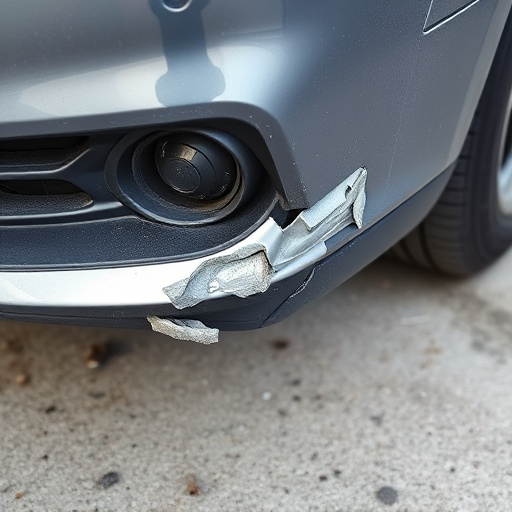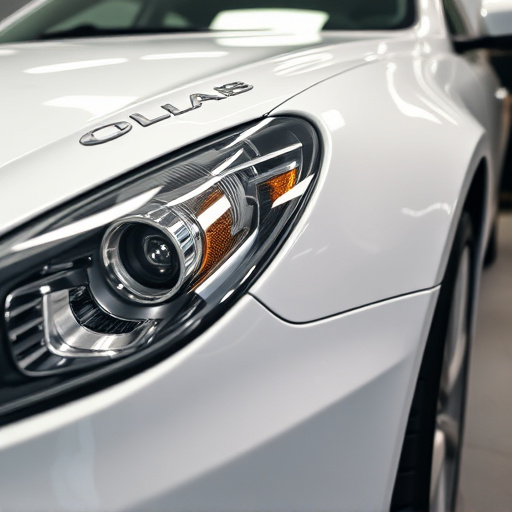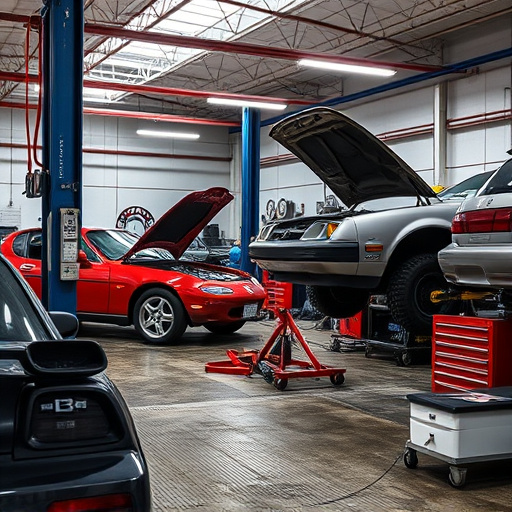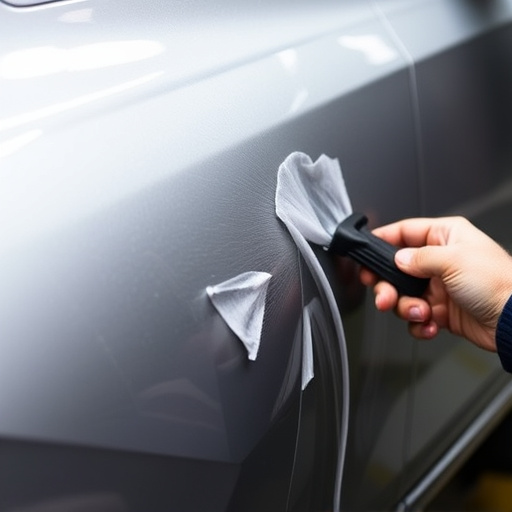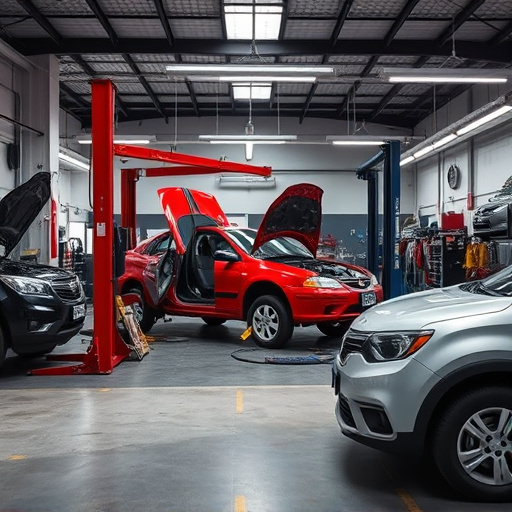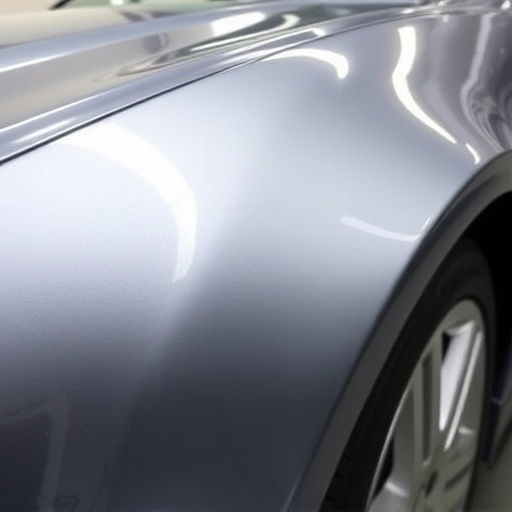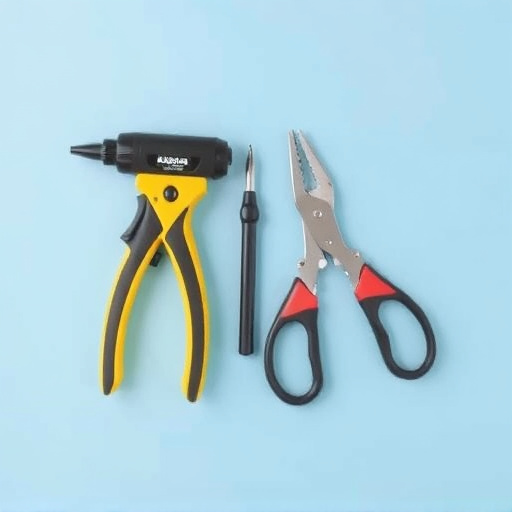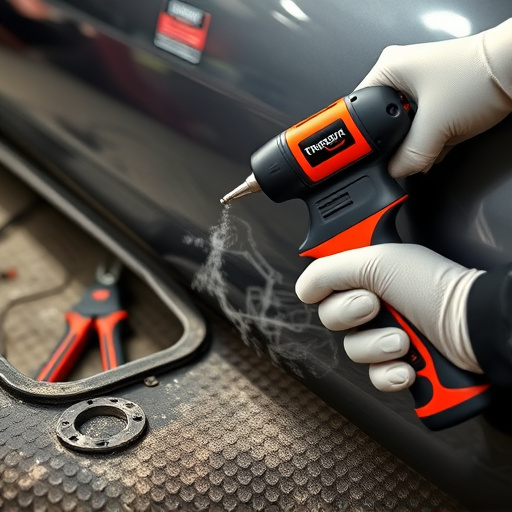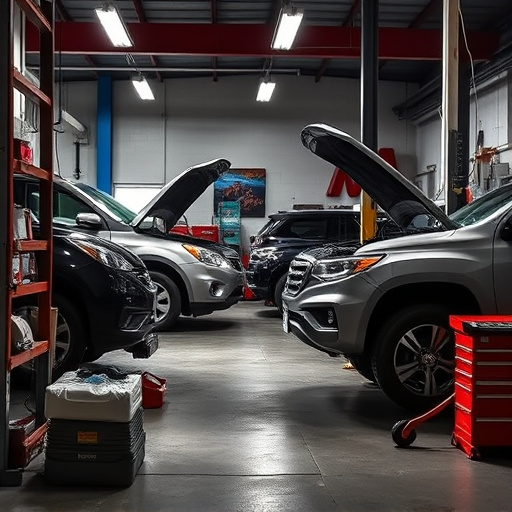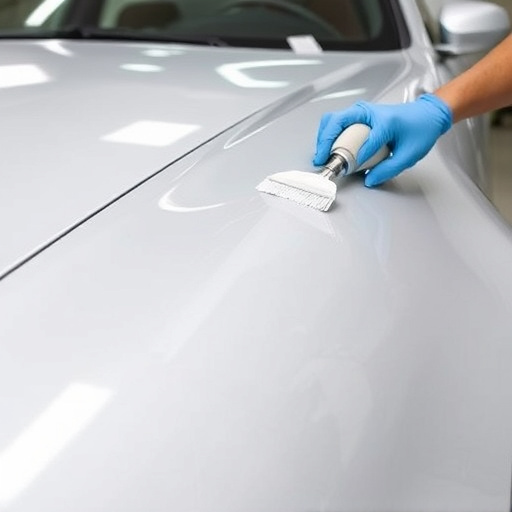Tesla prioritizes innovation in manufacturing, particularly with its aluminum body designs. To ensure high-quality repairs and maintain brand standards, auto body services must follow Tesla's precise factory specifications for panel replacements. Key factors include core material grade (6061 or 5083), robust fasteners, effective weatherproofing, and precise alignment. Adhering to these specs offers numerous benefits: improved vehicle performance, structural integrity, reduced misalignment, and enhanced aesthetic appeal. For auto repair shops, embracing Tesla factory specifications fosters a commitment to quality and precision, delivering superior customer experiences.
“Tesla vehicles are renowned for their cutting-edge technology and durable design, but what happens when it comes to replacing aluminum panels? This article delves into the intricate world of Tesla factory specifications for panel replacements. We’ll explore the critical components and materials that define a quality panel, and understand why adhering to these specifications is paramount for maintaining the vehicle’s integrity and performance. From enhanced structural strength to aesthetic precision, discover how these specs impact the overall ownership experience.”
- Understanding Tesla's Factory Specifications for Aluminum Panel Replacements
- Key Components and Materials: What Makes a Quality Panel
- Implementation and Impact: Benefits of Adhering to Factory Specs
Understanding Tesla's Factory Specifications for Aluminum Panel Replacements

Tesla’s commitment to innovation extends to its manufacturing processes, particularly when it comes to car body repair and replacing aluminum panels. Understanding Tesla’s factory specifications is key for anyone involved in automotive repair or seeking high-quality bodywork services. The company has meticulously designed its vehicles with lightweight, durable aluminum bodies, setting new standards in the industry. To ensure structural integrity and maintain the vehicle’s aesthetic appeal, these replacements must adhere to strict guidelines.
When it comes to panel replacements, Tesla offers detailed specifications that cover everything from material composition to installation techniques. These specifications are crucial for guaranteeing both the safety and long-term performance of the vehicle. For those in the automotive repair sector, staying updated with Tesla’s factory guidelines ensures that car bodywork services meet the brand’s high standards, providing owners with reliable and aesthetically pleasing repairs.
Key Components and Materials: What Makes a Quality Panel

A quality Tesla factory specifications aluminum panel replacement hinges on several key components and materials that work in harmony to ensure durability, strength, and aesthetics. The core material, aluminum, should meet specific industry standards for its grade, typically 6061 or 5083, known for their superior corrosion resistance and light weight—essential factors in automotive manufacturing.
Additional components such as robust screws, rivets, and seals are crucial for assembly and weatherproofing. High-quality adhesives specifically designed for aluminum panel repairs offer a strong bond that can withstand various environmental conditions. Moreover, the precision of the replacement panel’s design must align perfectly with the vehicle’s original factory specifications, ensuring seamless fitting and maintaining the vehicle’s structural integrity, much like solving a intricate puzzle during a dent repair or vehicle restoration process.
Implementation and Impact: Benefits of Adhering to Factory Specs

Implementing Tesla factory specifications for aluminum panel replacements is a strategic move that brings numerous advantages. By adhering to these standards, auto body repair shops can ensure optimal vehicle performance and aesthetics. Each component, from the frame to the exterior panels, is designed with precision and tested rigorously by Tesla, guaranteeing both structural integrity and sleek design. This approach minimizes the risk of misalignment, weak points, or visual imperfections that could arise from using non-specification parts.
For car dent repair and auto body repair enthusiasts, staying true to Tesla’s factory specifications fosters a culture of quality and precision. It allows them to offer customers a superior repair experience, matching the vehicle’s original craftsmanship. Moreover, it simplifies the process for auto repair near me services, ensuring that replacement parts seamlessly integrate with existing designs without compromising safety or style.
Tesla’s factory specifications for aluminum panel replacements play a crucial role in ensuring the quality, durability, and safety of their vehicles. By adhering to these precise guidelines, manufacturers can replicate the original design and performance, maintaining the brand’s high standards. Understanding and implementing these specs is key to providing owners with long-lasting, reliable panels, contributing to the overall satisfaction and value of Tesla cars.
